“Technique is only a vessel, what truly moves people is honesty, fragility, courage”: Adam Palka and Carolina López Moreno on Faust
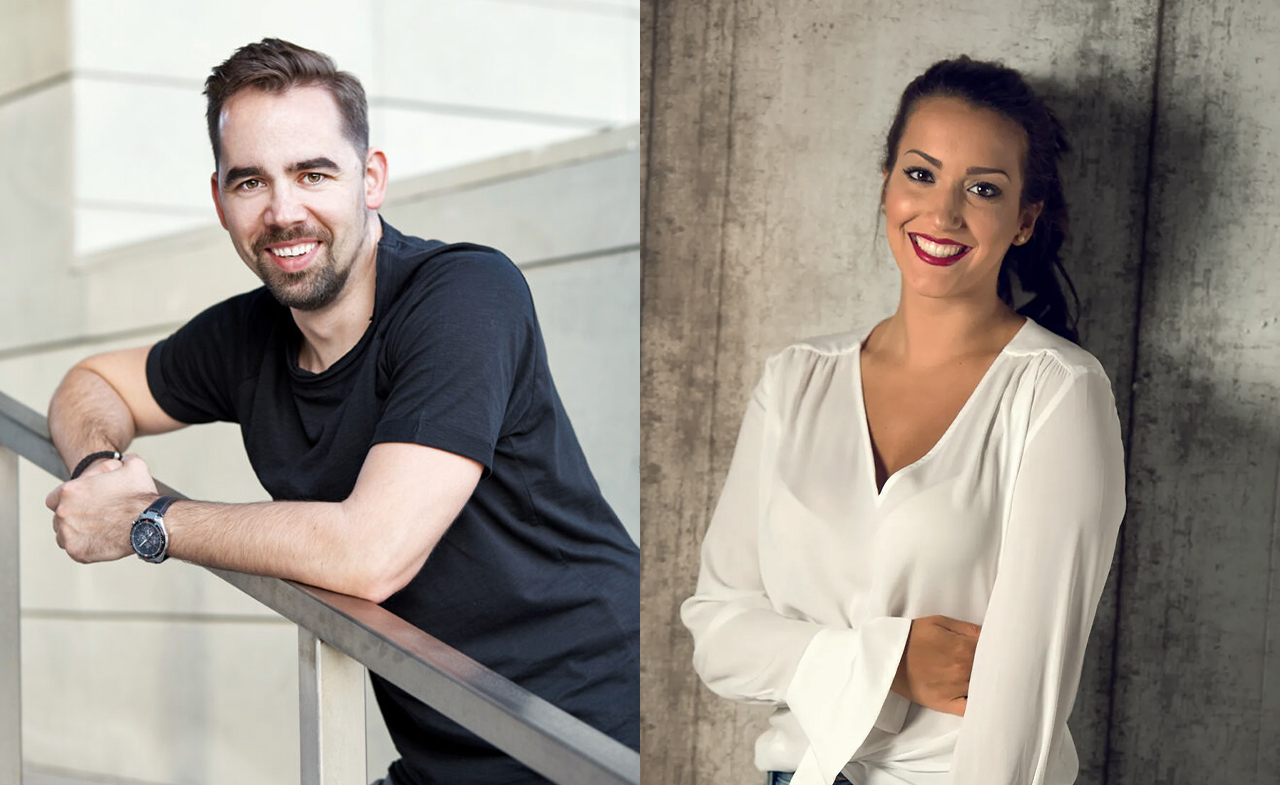
Adam Palka and Carolina Lopez Moreno are preparing for their roles in Gounod’s Faust at the Royal Opera House, stepping into the shoes of two of opera’s most iconic figures: the devilish trickster Méphistophélès and the pure-hearted tragic Marguerite. As they ready themselves for this emotionally charged production, they reflect on the complexities of their characters, the electricity of live performance and the passions that shape their lives both on and off stage.
Adam Palka (Méphistophélès)
Are there particular aspects of Méphistophélès that you especially enjoy bringing to life on stage?
Yes, there are. I enjoy playing bad guys in general. It allows me to show all the colours of my voice and fully express myself as an actor. Mephistopheles is very intelligent; he knows how to talk to different people and get the reaction he wants. He can be very charming, almost sweet and in a split of a second, he switches to this brutal beast. If you add some of the best music ever written, you just can’t say no to it. Yeah, I’m having a lot of fun.
This production of Faust has become a modern classic after 20 years in the repertoire. How does it feel to perform the role at Covent Garden for the first time?
This is an absolute dream come true. Not only am I singing in one of the best opera houses in the world, but also in this magnificent production. I remember, during my days in the Music Academy in Poland, my history of music theatre professor showed us a DVD from (then) Royal Opera House, and we were all dreaming how great it would be to sing even the shortest role on this stage. Fast forward 20 years and here I am, singing Mephistopheles. It doesn’t get any better.
When you’re not singing opera, what kind of music do you enjoy listening to?
It varies. In the first days after a long contract, I enjoy silence very much. A bit later, something like smooth jazz playing in the background, so I’m not focusing on it. I listen to hard rock and metal, but mostly in my car, not to annoy people around me. After a while, a need for opera starts to grow again.
Outside of performing, what passions or hobbies help you recharge creatively?
I’m not a fan of big cities. I don’t like the rush nor the crowds. In the mountains, by the lake or even a simple walk through the woods – that’s my way to recharge my batteries. Playing with my children also clears the head immediately.
What advice would you give to aspiring opera singers?
Listen to the opera giants. Analyse how it is possible that they don’t have problems with this particular aria, or even a single note. You should also be fully aware of your body – which muscles should and which shouldn’t work. What you do with your larynx, your tongue etc, it can’t be “by accident”. If you sing a bad note, you have to know what happened.
Carolina López Moreno (Marguerite)
This production marks your Royal Opera House debut in the role of Marguerite. How have you been preparing for this important moment?
Making my debut at the Royal Opera House is truly a dream coming true and a milestone in my career. I have been preparing for this moment with great emotional and artistic focus. Marguerite is not just a role – she is a soul, a woman who lives through light and darkness, purity and despair. I’ve worked closely with my maestra, Donata D’Annunzio Lombardi, to refine every nuance of the character – vocally, psychologically and physically.
What makes this debut even more special is the incredible cast I have the honour to work with – every colleague brings such depth and generosity to the stage. The working atmosphere in this theatre is incredibly inspiring. You really feel there is space here – space for art, for individuality and for your own strengths to blossom. I am also profoundly grateful to debut this role under the baton of Maestro Maurizio Benini. His vast experience and musical insight are a true gift – I feel I am learning and growing every day in his presence. It’s a privilege to shape my Marguerite in such a supportive and artistically rich environment.
Marguerite goes on a huge emotional journey in Faust. What do you find are the biggest challenges in singing and acting Marguerite?
The biggest challenge is the emotional depth and transformation she undergoes. Marguerite begins as a young, innocent girl and ends as a broken, redeemed woman. As a performer, I need to let go of myself entirely and surrender to her emotional evolution. Vocally, this role demands both lyric purity and dramatic weight – especially in the final trio, where spiritual transcendence must shine through the music. For me, the challenge lies in keeping that emotional truth alive from the first note to the last breath.
This Faust production has been a staple at the Royal Opera House for nearly two decades. How do you make the role of Marguerite your own within that legacy?
I approach every role with deep respect for its history, but also with the need to bring something truly personal and honest. My Marguerite is fragile yet courageous, spiritual yet profoundly human. I do not try to imitate anyone – I listen to what the music awakens in me. This production gives enough space for individual truth.
And even if a production has been performed many times, each performance is unique. It exists only once – in this moment, with this specific cast, conductor, director and team. As artists, we are constantly evolving. The way I interpret Marguerite today is shaped by who I am now – and in two years, I may sing her differently, because I will have grown as a person. That’s the beauty of live opera: it captures the uniqueness of a fleeting moment, created together with the people who share it with you on stage and in the pit. That’s where the magic lives.
Who have been your biggest musical influences or mentors in shaping your career so far?
I have been blessed with incredible musical influencers and mentors throughout my journey. Above all, Donata D’Annunzio Lombardi has been the cornerstone of my artistic foundation. Together, we built every essential aspect of my craft – vocally, musically, emotionally. She is not only my teacher but a constant presence by my side – a guiding force who has shaped me with immense wisdom, sensitivity and truth.
I have already had the privilege, even at this early stage of my career, of working with several outstanding conductors – each of whom has shaped and enriched my musical understanding. One of the most meaningful artistic experiences I’ve had recently is with Sir Antonio Pappano. I feel truly fortunate to have sung under his baton and to be learning from his depth, precision and artistic integrity. Exploring new roles under his guidance is a rare opportunity, and I am both grateful and full of excitement for every moment ahead.
I’ve always been deeply moved by unique artists who dared to express the truth of their soul on stage. Maria Callas, of course, remains a monumental figure – not only for her vocal genius but for the emotional rawness and intelligence she brought to every role. I’m also deeply inspired by artists like Ermonela Jaho, whose artistry creates unforgettable, deeply human moments in opera. These are singers who remind us that technique is only a vessel – what truly moves people is honesty, fragility and courage.
If you could sing any role in the operatic repertoire, what would your dream role be, and why?
I feel very fortunate that many of the roles I once dreamed of are now becoming reality. In the near future, I’ll be making several important debuts – including Suor Angelica, Manon Lescaut and Amelia in Simon Boccanegra – roles I’ve admired for years. I feel deeply connected to these women and can’t wait to explore their emotional and musical worlds on stage.
But of course there are still so many more dream roles I carry quietly in my heart – like, for example, Aida, Desdemona, Tosca and Anna Bolena. But I don’t chase them impatiently. I believe every role will come at the right moment, when I’m truly ready to meet them. Until then, I welcome every challenge with gratitude, knowing that each role helps me grow and deepen as an artist. It’s a journey of trust, patience and passion.
Thank you very much for taking the time to speak with us.
Constance Ayrton
Photos: Ania Wisniewska (Palka’s portrait), Tristram Kenton (Faust)
Faust is on at the Royal Opera House from 23rd May to 10th June 2025. For further information, or to book, visit the ROH’s website here. Read our review here.

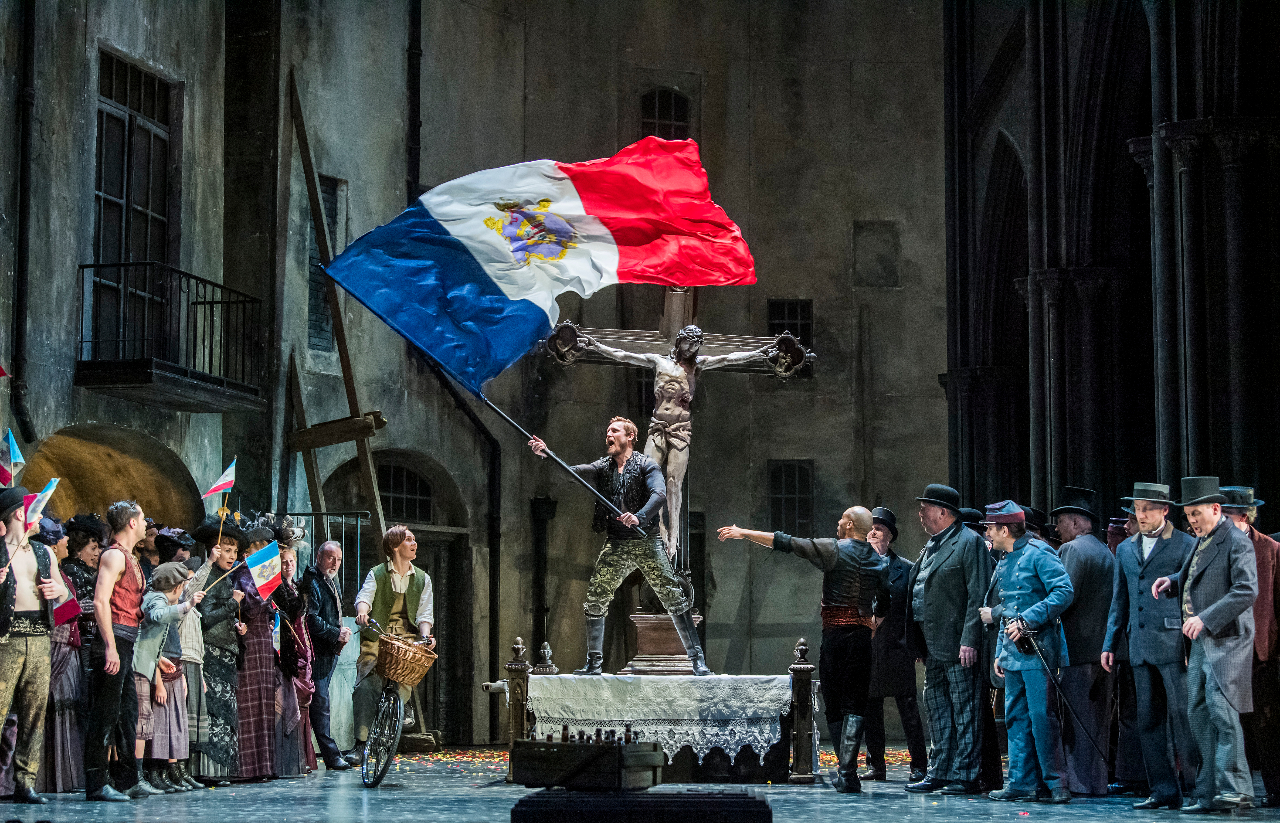
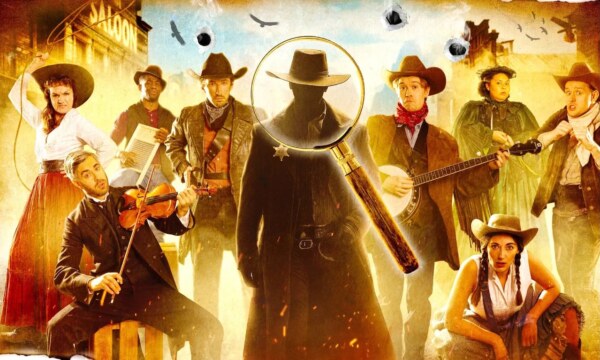
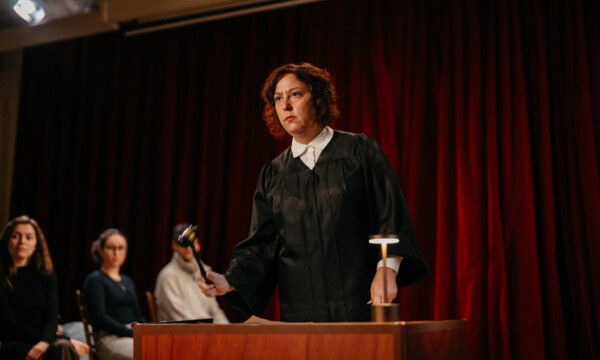
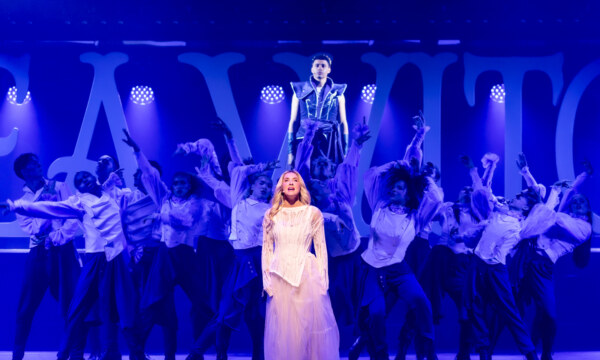
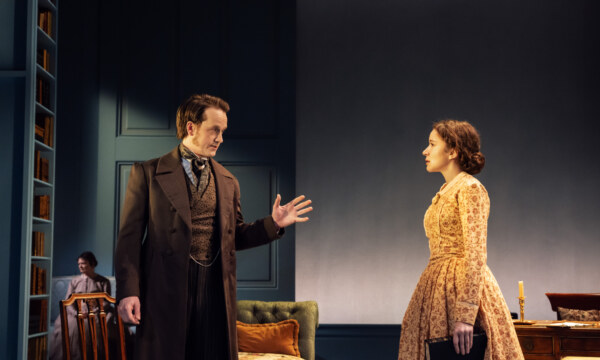
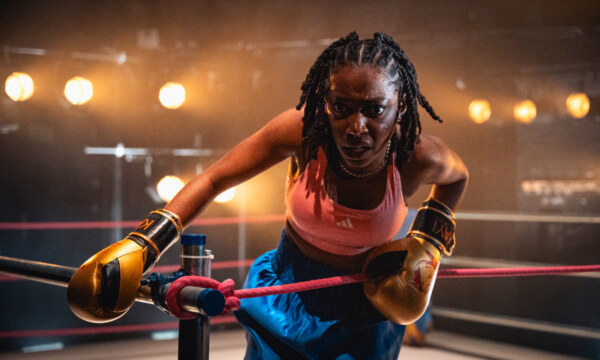
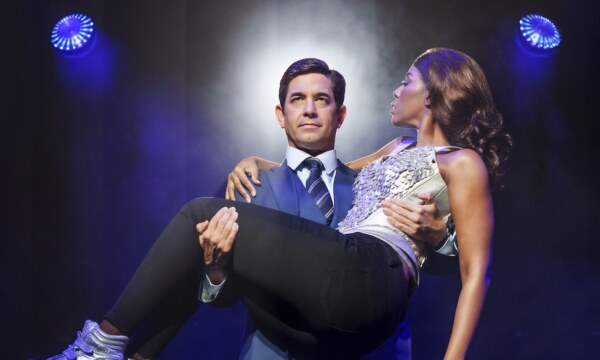
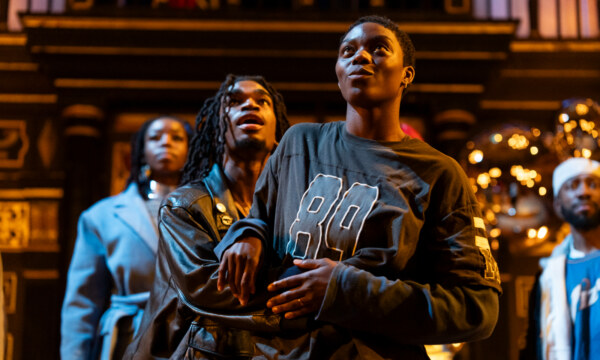
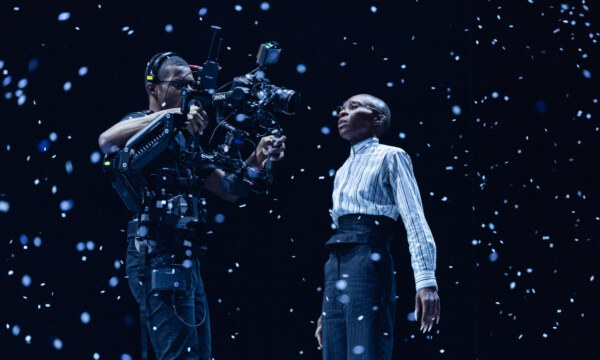
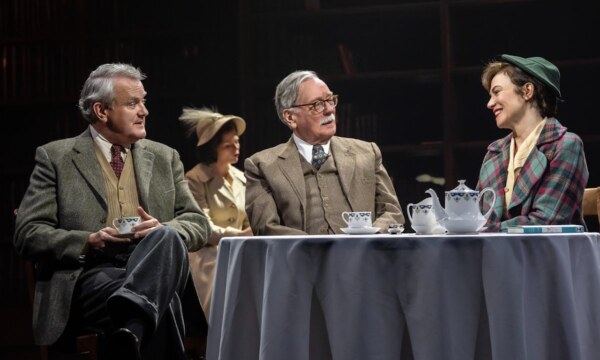


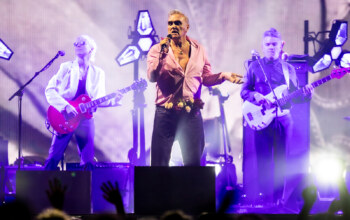
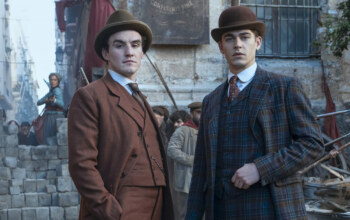
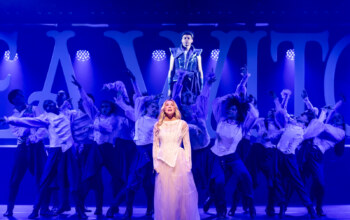
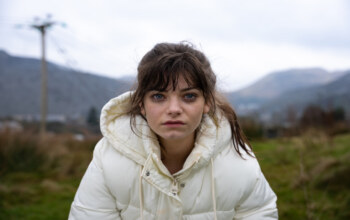
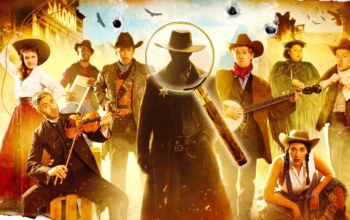
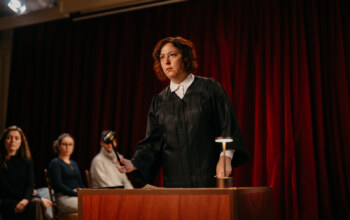
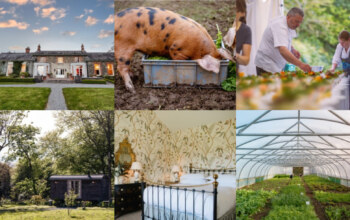



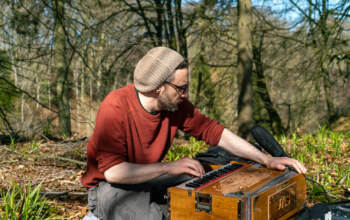
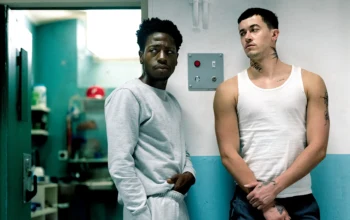
Facebook
Twitter
Instagram
YouTube
RSS